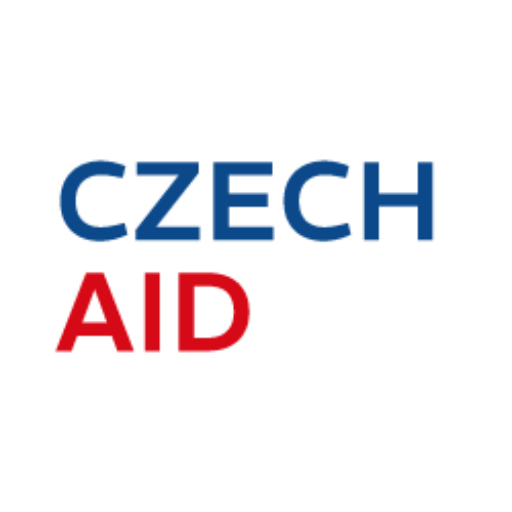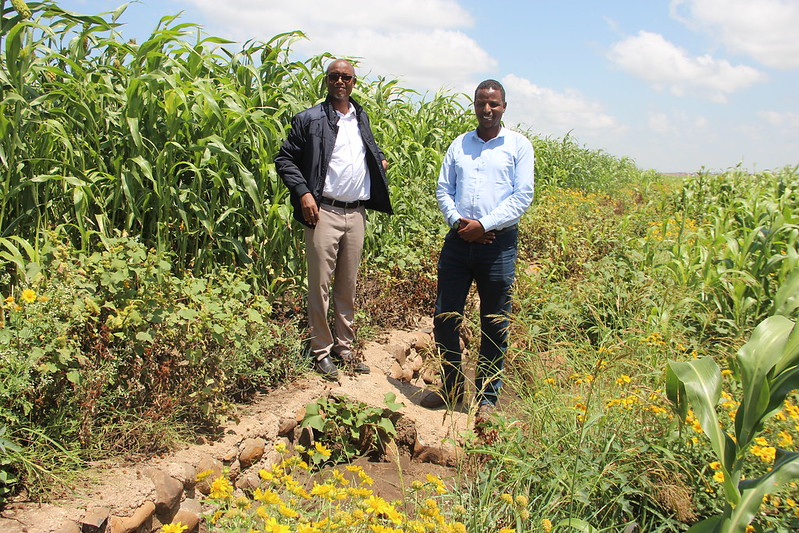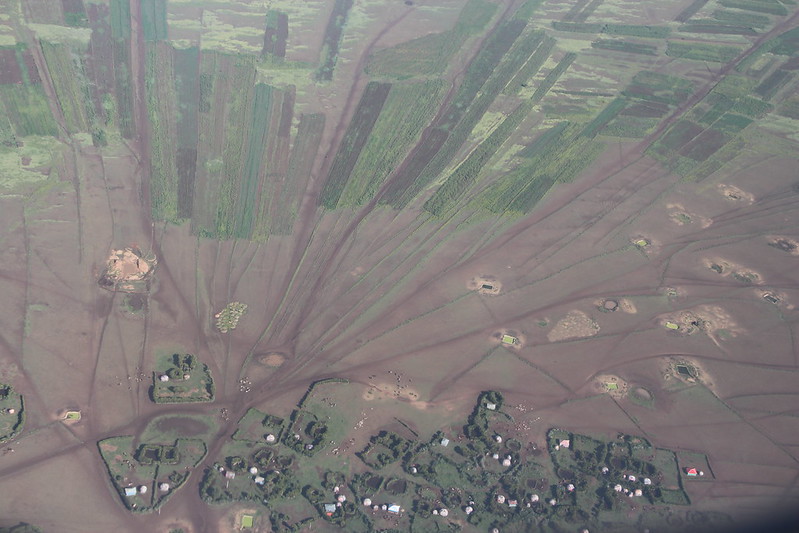LIAZ Exploration – new possibilities for cooperation in Ethiopia
As another round of Challenge Fund projects wrap up, we have some exciting developments of our LIAZ Exploration Technology project. This project focuses on latest airborne exploration tools to locate sustainable deeper groundwater sources in one of the most drought-affected area. The LIAZ team can detect unique, large, and medium volumes that can fundamentally solve water supply problems on a scale of both the whole region and even the whole country.
In June, LIAZ team conducted a work trip to Ethiopia to meet with partners and agree on further cooperation. UNDP Ethiopia is interested in social-economic development of the Somali region and LIAZ agreed to prepare map with GPS coordinators to locate deeper (0-50 meters) groundwater sources. Based on this, Somali region UNDP team will decide, which areas would be interesting for them and LIAZ may be able to scale-up their project in the country.
LIAZ will also prepare map analysis for UNICEF assessing degree of water mineralization, which may serve as an analysis for future donors. Apart from cooperation with the UN, LIAZ continues to further explore new partnerships including private and public sector and EU. More in the interview below with Ms. Zuzana Beranová, project manager of LIAZ in Ethiopia.
How did you learn about the Challenge Fund and how did you start your cooperation with Somali Regional State Agricultural and Natural Resources Bureau?
We learned about the Challenge Fund from a non-profit organization. Our choice fell on the Somali region of Ethiopia because it is the driest inhabited region. We started looking for a partner in this region – we thought about the Somali Region Water Bureau, but we did not manage to set up any communication. As we have been working with the Ethiopian Ministry of Agriculture for a long time, they connected us with the Somali Region Agriculture Bureau. In the end, this collaboration made sense, because the water resources will primarily serve to pastoral communities.
The director of the Somali Region Agriculture Bureau briefed us on the water situation in detail. We visited the region immediately after the rains, but even then the situation was very bad. For example, the main dam supplying the city of Jijiga was completely dry. The director gave us the coordinates of the priority areas in which we tried to find water and he cooperated intensively with us during the project implementation.
Were there any difficulties during the implementation?
We encountered no problems. However, we had experience with a difference of opinion between central institutions and institutions at the project site. One of our partners was the Department of Irrigation of the Ministry of Agriculture. They informed us that it is not worth pumping water at a depth greater than 150 meters for economic reasons. However, the director of the Somali Region Agriculture Bureau insisted on finding water at other depths. According to him, water is irreplaceable with money.
Where do you see a further scale-up of LIAZ Exploration technology?
Currently, we are talking with the donors, including the World Bank, about further expansion of our project in the entire Somali region and also in the surrounding regions. We have already prepared an offer for the local administration of the Somali region and also for the Ministry of Water.
About the Czech-UNDP Partnership – Challenge Fund and Expertise on Demand
Through the Challenge Fund and Expertise on Demand, the Czech-UNDP Partnership for SDGs brings innovative solutions from the Czech Republic’s private sector, NGOs, universities, state institutions, research centres and individuals to tackle specific developmental challenges in the priority countries. The implementation of projects and expertises is financially supported by the Ministry of Foreign Affairs of the Czech Republic.






